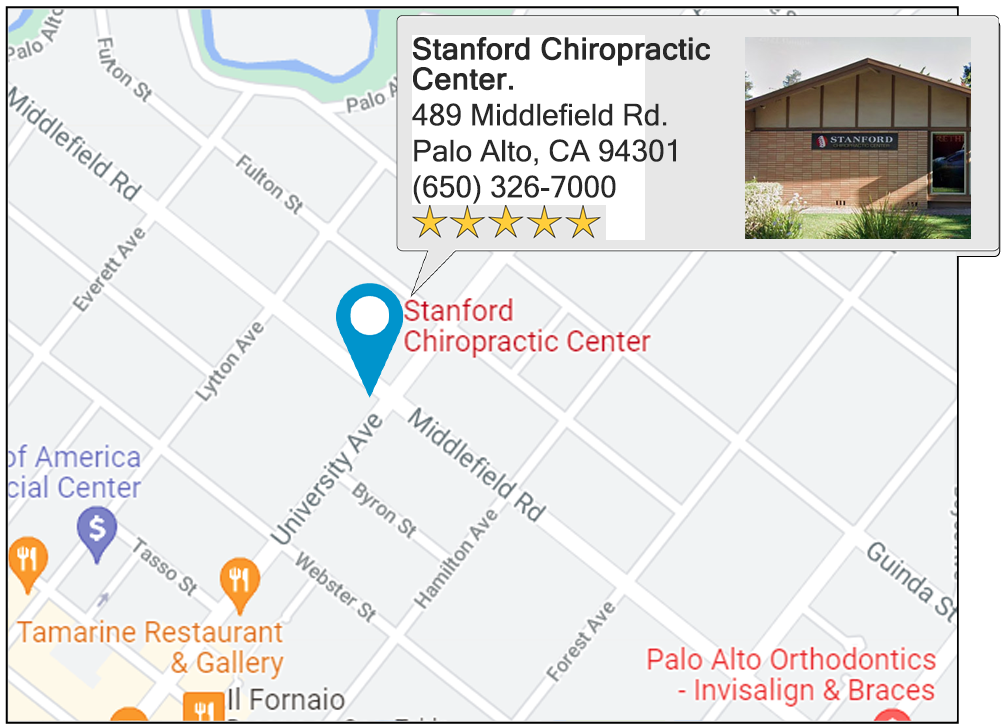How Can a Chiropractor Help with Carpal Tunnel Syndrome
 What is Carpal Tunnel Syndrome?
What is Carpal Tunnel Syndrome?
Carpal Tunnel Syndrome (CTS) is a ‘repetitive stress injury’, which is abbreviated (RSI). Chiropractic is beneficial for patients seeking noninvasive relief from this ailment that has become all too prevalent with the increased use of computers.
How Does It Occur?
Carpal tunnel syndrome is caused by repetitive motion, such as typing, or completing repetitive motions with the hands like assembly line work. These actions may cause pain and injury over time.
The earlier that CTS is diagnosed and treated, the better the outcome
Diagnosis includes physical examination and possibly x-rays.
Chiropractic Care for CTS
Typically, chiropractic care, for CTS is to address the problematic wrist and elbow, as well as adjustments of the upper spine. It may be advised to rest the affected arm, apply cold to reduce inflammation, perform recommended exercises, or wear a splint and or brace to immobilize the area.
Some common treatments we use for carpal tunnel syndrome include: Chiropractic care of the wrist, arm, and upper spine: Misalignment in the spine does contribute to symptoms of carpal tunnel syndrome. At Stanford Chiropractic Center we aim to correct improper alignment in your spine. Our chiropractors administer care for more than just relieving pain. The ultimate goal of our chiropractors is to help restore and maintain the body's natural state of ideal health.
Other Non-invasive Therapies
- Ultrasound Therapy: This therapy uses either very high-energy or low-energy sound, both of which are “outside" the range of normal human hearing, so you usually don’t hear anything. This device emits focused sound waves that penetrate deep into body tissue. Sound waves relax muscles, alleviate pain, and reduce inflammation in the area of involvement.
- Wrist Supports: Wrist supports seek to keep the wrist in the proper alignment after the adjustments and the therapy and can be used to treat or prevent further injury from carpal tunnel syndrome.
If you or someone you know has symptoms of CTS, please contact our office at (650) 326-7000.





